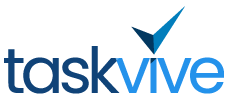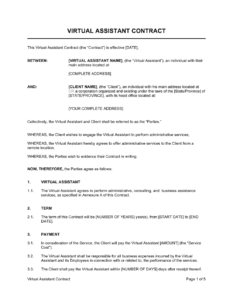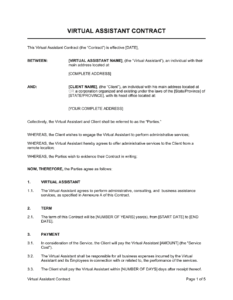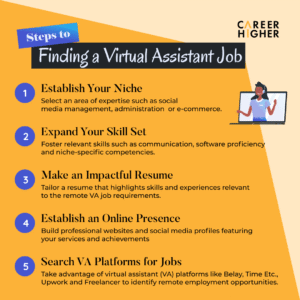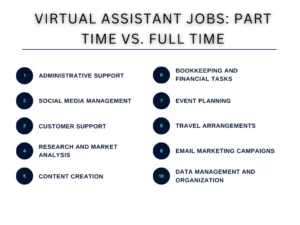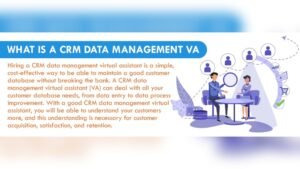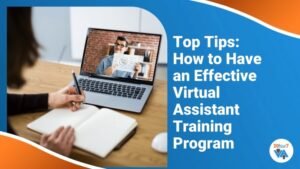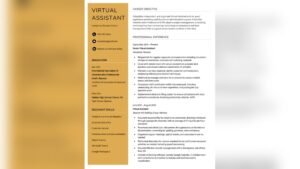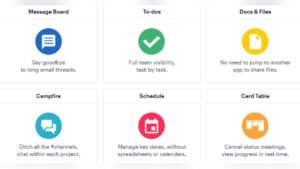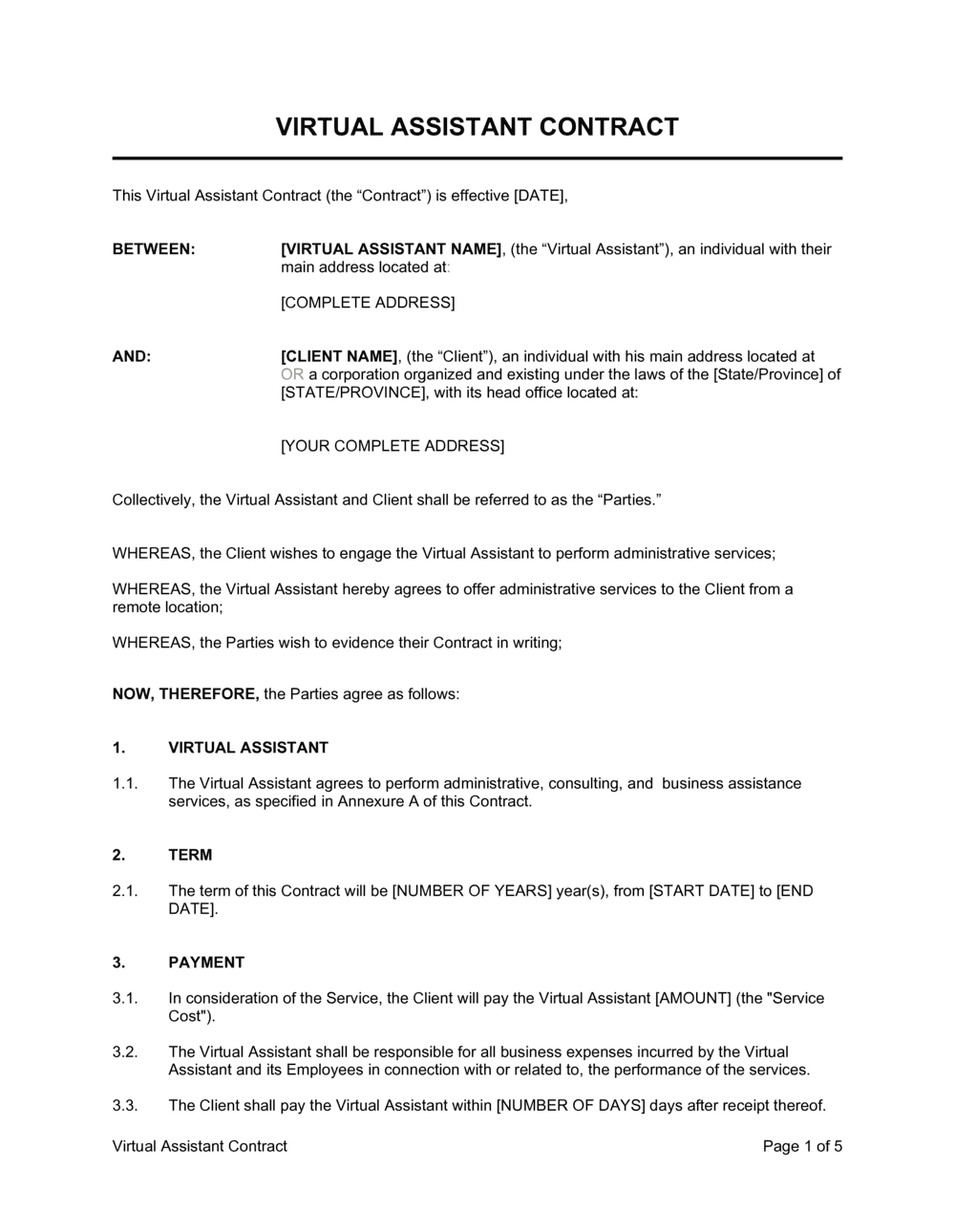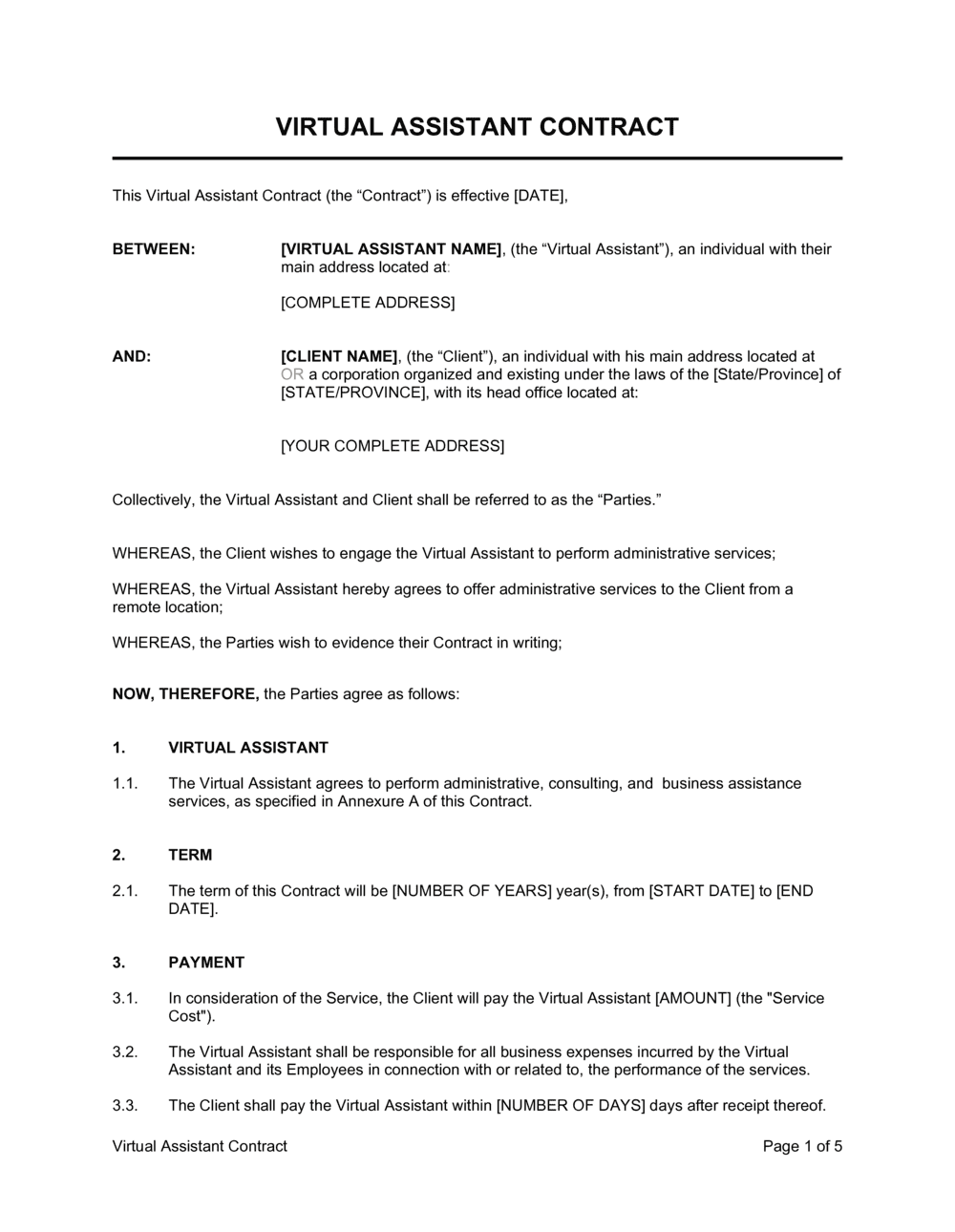Skill development is essential in today’s fast-changing world. It helps you stay relevant and competitive.
Whether you want to advance in your career, start a new hobby, or improve your existing skills, developing new abilities can open many doors. In this blog, we will explore the importance of skill development. We will discuss how it can benefit you in both personal and professional aspects.
You will learn why investing time in learning new skills is crucial. We aim to provide you with insights and motivation to start your skill development journey today. Discover how acquiring new skills can lead to better job opportunities, increased confidence, and personal growth. Stay with us as we dive into the world of skill development and its impact on your future.
Introduction To Skill Development
In today’s fast-paced world, skill development is crucial. It helps individuals stay relevant and competitive. Developing new skills can be a game-changer. It opens up new opportunities and enhances existing capabilities. Whether you are a student, a professional, or a job seeker, acquiring new skills can significantly impact your future.
Importance Of Skills
Skills are the building blocks of success. They define what you can do. They also determine how well you can do it. Here are a few reasons why skills matter:
- Employability: Employers seek skilled workers. Having the right skills can increase job opportunities.
- Efficiency: Skills make you more efficient. They help you complete tasks faster and with better quality.
- Innovation: Skilled individuals can innovate. They can find new solutions to problems.
Personal And Professional Growth
Developing skills is not just about work. It impacts your personal life too. Here is how skill development fosters growth:
| Personal Growth | Professional Growth |
|---|---|
|
|
Both personal and professional growth are interconnected. When you improve one, the other benefits too. Skill development is a continuous journey. It requires dedication and effort. But the rewards are worth it.
Identifying Your Strengths
Knowing your strengths can help you grow and succeed. It allows you to focus on what you do best. This makes tasks easier and more enjoyable. But how do you find out what your strengths are? Let’s explore some methods.
Self-assessment Techniques
Begin with self-assessment. Reflect on your daily activities. Think about tasks you excel at. Notice when you feel most confident. Write these observations down. Use them to identify patterns in your skills.
Consider using tools like personality tests. They can reveal hidden strengths. Many online tests are free. They offer insights into your natural abilities. Take a few different tests. Compare the results for common themes.
Feedback From Others
Ask for feedback from friends, family, or colleagues. They can see strengths you might miss. Choose people who know you well. Their insights are valuable. Listen to their comments with an open mind.
Set up a feedback session. Prepare specific questions. Ask about your performance in various situations. Take notes on their responses. Look for consistent feedback. It can highlight your strongest skills.
By combining self-assessment and feedback, you can better identify your strengths. This knowledge will guide your skill development journey.
Setting Clear Goals
Setting clear goals is essential for skill development. Goals help you stay focused and motivated. They provide direction and a sense of purpose. Without clear goals, it’s easy to lose track of progress. Here, we’ll discuss the importance of setting short-term and long-term goals. We’ll also explore the SMART goal framework for effective goal setting.
Short-term Vs Long-term Goals
Short-term goals are objectives you aim to achieve in the near future. They are usually attainable within days, weeks, or months. For example, learning a new software tool could be a short-term goal.
Long-term goals, on the other hand, span over a longer period. They may take months or years to accomplish. An example of a long-term goal could be mastering a new language. Both types of goals are important. They complement each other and keep you on track.
Smart Goal Framework
The SMART goal framework ensures your goals are clear and reachable. SMART stands for Specific, Measurable, Achievable, Relevant, and Time-bound. Let’s break this down:
Specific: Your goal should be clear and specific. Vague goals lead to confusion. For example, “I want to improve my typing speed” is specific.
Measurable: You should be able to track your progress. This helps you stay motivated. For example, “I want to type 60 words per minute” is measurable.
Achievable: Your goal should be realistic. Setting impossible goals can be discouraging. Make sure it’s within your reach.
Relevant: Your goal should align with your overall objectives. It should be meaningful and add value to your skill set. If it’s not relevant, you’ll lose interest.
Time-bound: Set a deadline for your goal. This creates urgency and helps you stay focused. For example, “I want to type 60 words per minute within three months” is time-bound.
Using the SMART framework makes goal setting more effective. It provides a clear roadmap for your skill development journey.

Credit: www.aihr.com
Learning New Skills
Learning new skills is essential in today’s fast-paced world. It enhances your personal and professional growth. Whether you are looking to advance your career or explore new hobbies, developing new skills can be rewarding. There are various methods to acquire new skills. Let’s explore some effective ways to learn.
Online Courses And Tutorials
Online courses offer flexibility and accessibility. You can learn at your own pace from anywhere. Various platforms provide a wide range of courses. Some popular platforms include:
- Coursera: Offers courses from top universities.
- Udemy: Has a vast collection of courses on different subjects.
- LinkedIn Learning: Provides professional development courses.
Tutorials are another great resource. They can be found on websites like YouTube. Many experts share their knowledge for free. This makes it easy to find tutorials on almost any topic.
Workshops And Seminars
Workshops and seminars provide hands-on learning experiences. They often involve interactive sessions. This helps in better understanding and retention of information. Attending these events can also provide networking opportunities.
Here are some benefits of attending workshops and seminars:
- Engage in practical learning activities.
- Interact with industry experts.
- Expand your professional network.
- Gain insights into the latest trends.
Look for workshops in your local area or online. Many organizations and institutions offer regular events. Joining these can be a great way to keep your skills updated.
Practicing And Applying Skills
Developing new skills is essential for personal and professional growth. But learning alone is not enough. Practicing and applying these skills in real-life scenarios is what truly makes a difference. By engaging in hands-on activities and real-world applications, you can reinforce your learning and gain confidence.
Hands-on Experience
Hands-on experience is crucial for mastering any skill. It allows you to get a feel for the task and understand it in a practical context. For instance, learning to code requires more than just reading books. You need to write code, debug errors, and build projects.
Consider the following ways to gain hands-on experience:
- Internships: Work under experienced professionals.
- Workshops: Participate in skill-focused sessions.
- Projects: Create your own projects to solve problems.
- Volunteering: Offer your skills for community projects.
Real-world Applications
Applying skills in real-world situations is where true learning happens. It is one thing to understand a concept theoretically; it is another to apply it effectively. For example, public speaking skills are best honed by speaking in front of an audience.
Here are some ways to apply your skills:
- Freelancing: Offer your services online.
- Competitions: Participate in contests related to your field.
- Networking: Connect with professionals and share your work.
- Teaching: Share your knowledge by teaching others.
By practicing and applying your skills, you can ensure that your learning is practical, relevant, and effective.
Tracking Your Progress
Skill development is a continuous journey. Tracking your progress is essential to ensure you are moving in the right direction. It helps to identify strengths and areas that need improvement. By monitoring your growth, you can stay motivated and make necessary adjustments to your learning plan.
Regular Self-evaluation
Performing regular self-evaluation is crucial. It involves assessing your current skill level and identifying your progress over time. Here are some steps to conduct a self-evaluation:
- Set clear, measurable goals.
- Track your achievements and setbacks.
- Reflect on your learning experiences.
Consider keeping a progress journal. Write down what you have learned, challenges faced, and how you overcame them. This practice helps in understanding your learning patterns.
Use a simple table to monitor your progress:
| Skill | Current Level | Goal | Progress |
|---|---|---|---|
| Communication | Intermediate | Advanced | 60% |
| Time Management | Beginner | Intermediate | 30% |
Adjusting Your Plan
After evaluating your progress, you might realize the need to adjust your plan. This is a natural part of the learning process. Here are some tips:
- Identify areas that need more focus.
- Allocate more time to challenging skills.
- Seek additional resources or training.
Flexibility in your learning plan ensures you can address your weaknesses effectively. Regularly update your goals based on your progress. This keeps your learning journey aligned with your desired outcomes.
Overcoming Challenges
Learning new skills is a rewarding journey. But it comes with challenges. Overcoming these challenges is vital for growth. Here, we will explore how to deal with setbacks and stay motivated.
Dealing With Setbacks
Setbacks are a part of learning. They can be frustrating. But they are also opportunities. Opportunities to learn and improve.
Here are some ways to deal with setbacks:
- Accept setbacks as part of the process.
- Analyze what went wrong.
- Seek feedback from others.
- Adjust your approach.
- Celebrate small wins.
Remember, setbacks are not failures. They are steps on the path to success.
Staying Motivated
Staying motivated is crucial. It keeps you going. Even when things get tough.
Here are some tips to stay motivated:
- Set clear goals.
- Break down tasks into smaller steps.
- Track your progress.
- Reward yourself for achievements.
- Find a study group or partner.
Motivation can wane. It is normal. But with the right strategies, you can keep pushing forward.
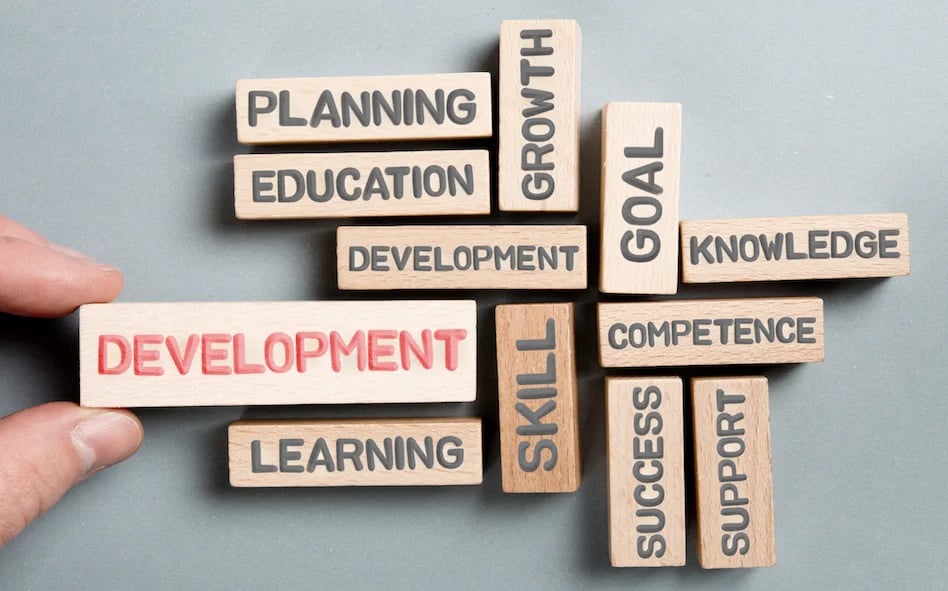
Credit: www.riseup.ai
Leveraging Your Skills For Success
In today’s fast-paced world, leveraging your skills for success is more important than ever. Whether you’re aiming for career advancement or personal fulfillment, honing your abilities can make all the difference. This blog section will guide you on how to utilize your skills effectively for a brighter future.
Career Advancement
Advancing in your career often depends on your skill set. Employers value employees who continuously improve their abilities. Here are some ways to leverage your skills for career growth:
- Networking: Connect with professionals in your field. Share knowledge and learn from their experiences.
- Continuous Learning: Take online courses, attend workshops, and read industry-related books.
- Mentorship: Seek a mentor who can guide you and offer valuable advice.
- Certifications: Obtain relevant certifications to enhance your qualifications.
- Soft Skills: Develop communication, teamwork, and problem-solving skills.
Personal Fulfillment
Using your skills goes beyond just career benefits. It also contributes to your personal fulfillment. Here are some ways to achieve this:
- Passion Projects: Engage in activities that you love, such as writing, art, or coding.
- Volunteering: Offer your skills to help others. It’s rewarding and builds your network.
- Hobbies: Pursue hobbies that challenge and excite you. This keeps your mind active.
- Personal Goals: Set and achieve personal milestones. Celebrate your successes.
By focusing on these areas, you can leverage your skills to not only climb the career ladder but also find joy and satisfaction in your personal life.
Resources For Continuous Learning
Continuous learning is essential for skill development. It helps in staying updated with the latest trends and techniques. There are many resources available for continuous learning. These resources can be categorized into various types, such as books, articles, networking, and mentorship. Below, we explore some key resources for continuous learning.
Books And Articles
Books and articles are excellent resources for learning new skills. They offer in-depth knowledge and insights from experts. Here are some benefits of using books and articles for continuous learning:
- Comprehensive coverage: Books often cover topics extensively.
- Expert insights: Articles provide insights from industry professionals.
- Accessibility: Many books and articles are available online or in libraries.
Consider reading the following types of books and articles:
- Industry-specific books
- Research articles
- How-to guides
- Case studies
Networking And Mentorship
Networking and mentorship are vital for continuous learning. They provide opportunities to connect with experienced individuals. These connections can lead to valuable advice and guidance. Here’s why networking and mentorship are essential:
- Personal growth: Mentors can help you develop your skills.
- Professional connections: Networking can open doors to new opportunities.
- Real-world experience: Learn from others’ experiences and mistakes.
Here are some ways to build your network and find mentors:
| Method | Description |
|---|---|
| Attend conferences | Meet industry professionals and expand your network. |
| Join online forums | Engage in discussions and seek advice from peers. |
| Find a mentor | Look for experienced individuals who can guide you. |
| Participate in workshops | Learn new skills and network with like-minded people. |
Investing time in networking and mentorship can significantly enhance your learning journey.

Credit: www.aihr.com
Frequently Asked Questions
What Is Skill Development?
Skill development involves enhancing your abilities for personal and professional growth. It includes learning new skills and improving existing ones.
Why Is Skill Development Important?
Skill development is crucial for career advancement. It helps you stay competitive and adapt to changing job markets.
How Can I Improve My Skills?
To improve your skills, take online courses, attend workshops, and practice regularly. Seek feedback and stay updated in your field.
What Are The Best Skill Development Courses?
The best courses depend on your field. Popular platforms include Coursera, Udemy, and LinkedIn Learning.
Conclusion
Developing skills is essential in today’s fast-paced world. It opens doors to new opportunities. You can learn new things and grow every day. Stay curious and keep practicing. Remember, progress takes time. Celebrate small achievements. Keep pushing your limits. Your dedication will lead to success.
Stay motivated and enjoy the journey. Skill development is a continuous process. Embrace it and keep moving forward. Invest in yourself. Your future self will thank you.
Ms.Sultana brings over 16 years of expertise working with global Clients by providing different skills and Services. For the last 5 years working as an Affiliate marketer, specializing in high-ticket campaigns that drive exponential growth. She holds a degree in Computer Science and Engineering as well as achieved many more skills certificates from different institute/academies/Platform. As part of the Elite Global Marketing team, Sultana has helped clients generate millions in revenue through strategic partnerships, innovative funnels, and data-driven insights.
